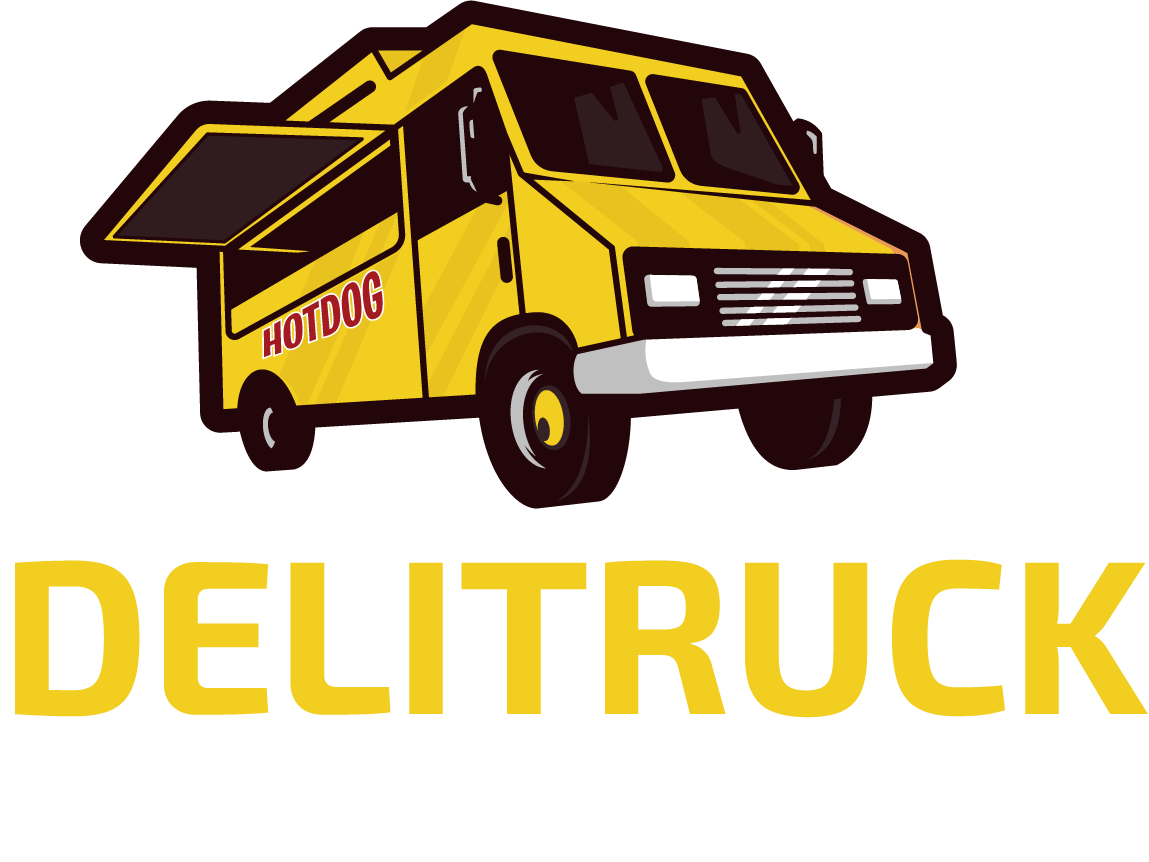The food truck industry has seen a significant transformation in recent years, thanks to advancements in technology. These mobile culinary hubs have evolved from humble roadside stands to trendy, innovative dining experiences. Technology has played a vital role in changing how we treat food trucks, enhancing their operations, expanding their reach, and improving the overall customer experience. In this blog post, we will explore the ways in which technology is revolutionizing the food truck industry.
1. Online Ordering and Mobile Apps:
Gone are the days of waiting in long queues at food trucks. Technology has made it possible for customers to place their orders online or through dedicated mobile apps. With just a few taps on their smartphones, customers can browse menus, customize their orders, and make payments digitally. This convenience not only saves time but also provides food truck owners with valuable customer data for personalized marketing and improved service.
2. GPS Tracking and Real-Time Updates:
Food trucks can now utilize GPS tracking technology to share their location in real-time with customers. This enables food enthusiasts to track their favorite trucks, plan their meals accordingly, and never miss out on their favorite dishes. Real-time updates also allow food truck owners to communicate changes in location, special offers, or limited-time menus, fostering better engagement and customer loyalty.
3. Social Media Marketing and Influencers:
Social media platforms have become powerful marketing tools for food trucks. Owners can leverage these platforms to showcase their culinary creations, build brand awareness, and attract a larger customer base. Influencers and food bloggers play a significant role in promoting food trucks through captivating content and word-of-mouth marketing. The visual appeal of social media platforms allows food trucks to stand out and entice customers with mouthwatering images and engaging storytelling.
4. Point-of-Sale (POS) Systems:
Traditional cash registers are being replaced by modern Point-of-Sale (POS) systems in food trucks. These systems streamline transactions, inventory management, and sales reporting. With the integration of POS systems, food truck owners can efficiently process payments, track sales, manage inventory levels, and generate detailed reports for better business insights. POS systems also enable the acceptance of various payment options, including mobile wallets and contactless payments, enhancing convenience for customers.
5. Data Analytics and Customer Insights:
Technology enables food truck owners to gather and analyze valuable customer data. By tracking order histories, preferences, and feedback, food trucks can personalize their offerings, tailor marketing campaigns, and optimize their menus. This data-driven approach allows food truck owners to make informed decisions, identify trends, and adapt their business strategies to meet the evolving demands of their customers.
6. Food Truck Aggregator Platforms:
Food truck aggregator platforms, similar to popular food delivery apps, are emerging as digital marketplaces for food truck enthusiasts. These platforms list multiple food trucks, their locations, menus, and customer ratings, providing a convenient way for customers to discover and order from a variety of trucks in one place. These aggregators help food truck owners reach a larger audience and reduce the barriers to entry by simplifying the ordering and delivery processes.
Conclusion:
Technology is revolutionizing the food truck industry by transforming the way we treat these mobile culinary gems. Online ordering, mobile apps, GPS tracking, social media marketing, POS systems, data analytics, and aggregator platforms have collectively enhanced the operations and customer experience of food trucks. These advancements have allowed food trucks to expand their reach, increase efficiency, and offer personalized services to meet the evolving demands of modern consumers. As technology continues to evolve, we can expect even more exciting changes in how we interact with food trucks in the future.

